by Service(s)
by Sector(s)
by Type

What is the profile of a CISO? Insights for tech marketers
July 1, 2025

How to show up right: marketing strategy for regional expansion
July 15, 2025

Why summer is still a smart time for PR and Marketing in Dubai
July 8, 2025

A beginner’s guide to Generative Engine Optimization (GEO)
July 2, 2025

Aspectus Group Named Business-to-Business (B2B) Agency of the Year in Bulldog PR Awards
June 27, 2025

Getting AI to train your spokespeople
June 27, 2025

Top five global energy events: Tips and tricks
June 25, 2025

How to keep your brand and business strategy on-target with effective issues monitoring
June 24, 2025

Global Offshore Wind 2025: New headwinds bring new opportunities for the industry
June 19, 2025

The UAE’s attention crunch: Why smart comms strategies matter now more than ever
June 19, 2025

Surface-level impact: Why reputation alone won’t cut it for marketing industrial drilling firms
June 10, 2025

Infosecurity Europe 2025 marketing ideas / inspiration for next year
June 10, 2025

Is ‘data, power and water’ the new utilities trilemma?
June 4, 2025

3 corporate travel trends for 2025 – and how to turn them into PR and marketing wins
June 3, 2025

AI, empathy, and the future of marketing in 2025: 3 takeaways from Seamless Middle East
May 29, 2025

The top 3 CIO and CTO awards to enter in 2025
May 28, 2025

All Energy 2025: The power of storytelling in the UK’s energy transition
May 27, 2025

A lesson in public speaking dos and don’ts: one year since Rishi Sunak’s rain-soaked election speech
May 27, 2025

Dubai event season: How fintech brands can actually stand out
May 22, 2025

Top travel trade shows London 2025 – Key dates and details
May 22, 2025

25 years of TradeTech – the good, the bad and the road ahead
May 19, 2025

How not to catfish a journalist
May 15, 2025

Why your 2025 crisis communications plan must be ready before you need it
May 13, 2025

A newfound risk: extreme space weather?
May 8, 2025

When to revisit your brand strategy and messaging (and when to leave well alone)
May 7, 2025

Five things I learnt at Innovation Zero 2025: Standing out in a sea of innovation
May 1, 2025

Sifting Through the Noise: What HeroConf 2025 Revealed About PPC’s Next Chapter
April 25, 2025

Industrial Robotics: How bad PR can stunt the growth of an advanced industry
April 24, 2025

The AI tsunami at brightonSEO and Hero Conf: Navigating the waves of change
April 23, 2025

Speak Local, Win Global: Why regional storytelling is key to global brand success
April 22, 2025

BrightonSEO 2025 recap: 5 proven SEO strategies amid AI uncertainty
April 17, 2025

Win big: Top telecom awards to enter in 2025
April 16, 2025

Lessons from The Masters: a masterclass in exclusivity branding
April 14, 2025

Communicating during challenging times, what can we learn from the UK’s oil and gas sector
April 14, 2025

Marcoms in 2025: Embracing the ins, eliminating the outs
April 3, 2025

Solving 2025’s Top Data and AI Challenges in Marketing
April 1, 2025

Hedge funds’ PR problem 15 years after The Big Short – and why it needs fixing
March 31, 2025

In boxing and beyond, the biggest brands leverage heritage to punch above their weight
March 13, 2025

Full throttle to net zero – Formula 1’s sustainability challenge
March 13, 2025

ESG in 2025: Everything Should Go?
March 13, 2025

Mastering newsjacking: Boost brand visibility and stay relevant
March 7, 2025

SOS! Tracking share of search – a smarter way to measure
March 7, 2025

Leave out the vowel or throw in the towel? It’s all about timing
March 7, 2025

Is building an underground town like in Disney+ series Paradise feasible?
February 20, 2025

Regional PR expertise is the new global power move – just ask HSBC
February 20, 2025

Building from the inside out: how company culture shapes B2B branding
February 20, 2025

Middle East family offices are thriving – here’s how service providers can stay ahead
February 20, 2025

How data-driven PR could democratize Big data
February 20, 2025

“You Can’t Handle the Truth!”: Why Traditional Journalism Matters in the Digital Era
February 19, 2025

How to market to CIOs in 2025
February 13, 2025

3 Lessons from My First Three Months as a PR and Marketing apprentice
February 13, 2025

Communications is key to capitalizing on trade finance opportunity as Trump tariffs loom
February 11, 2025

Marketing lessons from Guinness: what B2B brands can learn
January 31, 2025

PPC for B2B: Lessons from 2024, Plans for 2025
January 30, 2025

Snake Charm: Leveraging the Snake’s Finer Characteristics in PR and Communications
January 27, 2025

The Perfect Storm: Mastering PR for AI, Big Data & IoT Advancements
January 22, 2025

Rising government bond yields present stellar comms opportunity
January 22, 2025

How “considered creativity” can win battles with audiences and approvers
January 21, 2025

PR and marketing for Bett 2025 – your complete guide
January 15, 2025

To speak or not to speak: the art of opinion timing
January 14, 2025

B2B Digital Marketing Trends to Watch in 2025
January 8, 2025

Financial News journalist joins Aspectus Capital Markets as content strategy director
January 7, 2025

Beyond the exchange: strategic comms will distinguish leaders from laggards as data-strategies dominate
January 7, 2025

Communicating B2B ESG in the Middle East
December 18, 2024

Communicating ESG in APAC
December 5, 2024

Top Tips for Crypto Communications
December 3, 2024

Communicating ESG in the UK
November 27, 2024
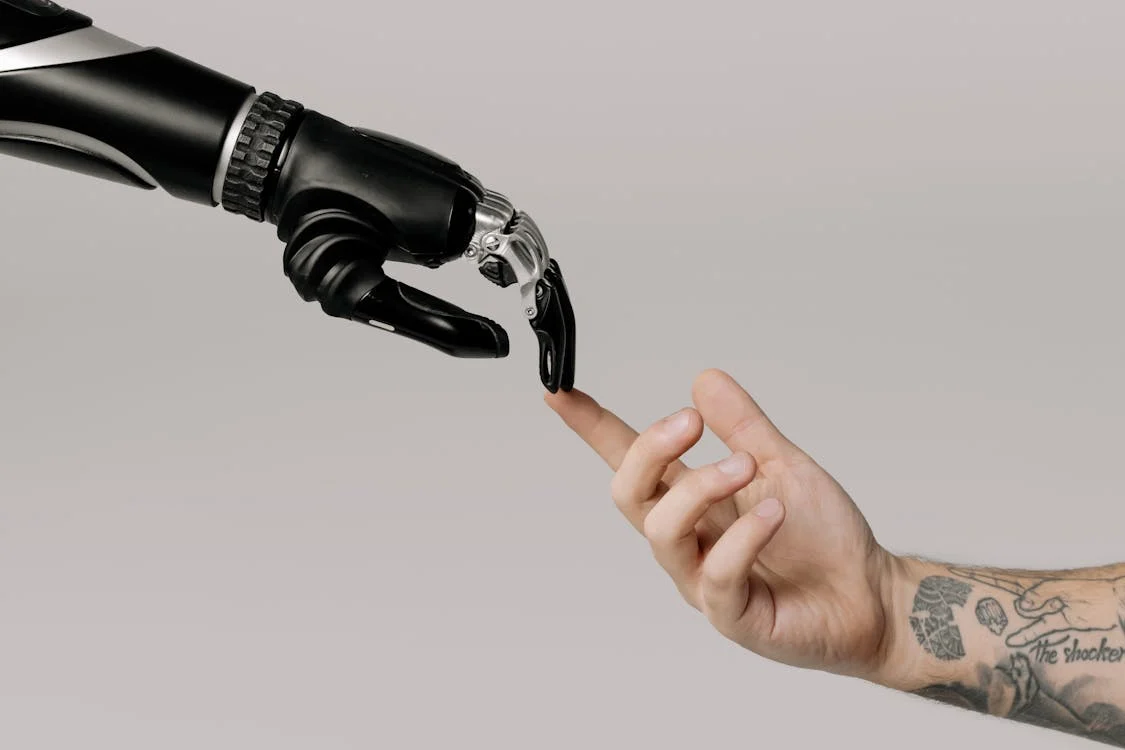
ChatGPT turns two: why asset managers shouldn’t put all their eggs in the AI basket
November 27, 2024

Is Your Website ESG-Proof? Why Carbon-Conscious Web Design Matters
November 26, 2024

Communicating ESG in Financial Services & Capital Markets
November 20, 2024

Was Private Equity’s Successful Lobby for Gentler Tax Hikes a Masterclass in PR?
November 19, 2024

3 mistakes to avoid during Singapore’s event season
November 14, 2024

Communicating ESG in B2B tech: what professionals really think
November 13, 2024

Why B2B Brands in Complex Sectors Should Invest in YouTube Ads
November 12, 2024

Communicating ESG in B2B Energy: what professionals really think
November 6, 2024

Top 5 LinkedIn Ad Products for B2B Marketing Success in 2024
October 30, 2024
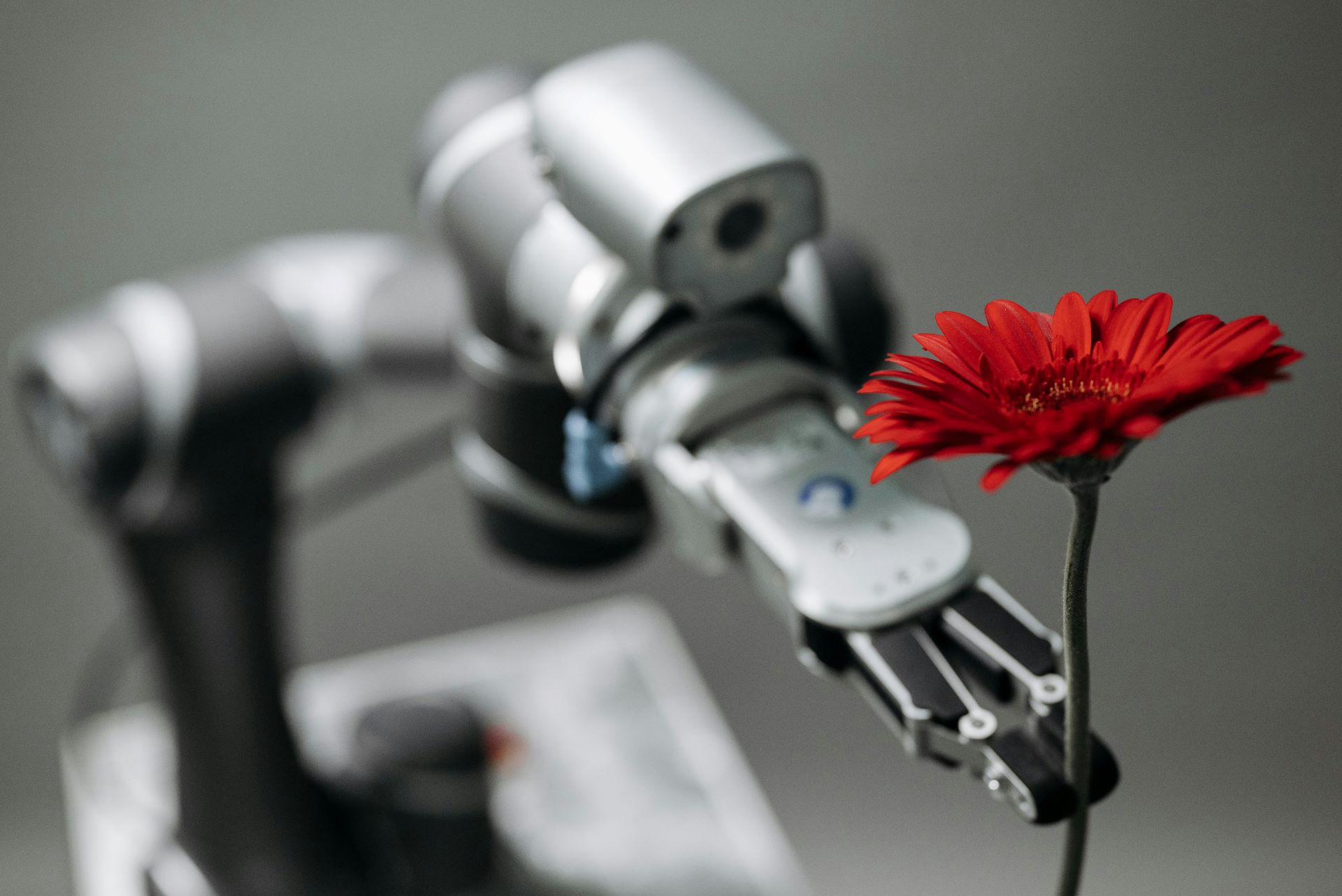
Will AI replace public relations? What business leaders need to know
October 23, 2024

How to capture the attention you don’t deserve: rethinking B2B marketing for complex industries
October 10, 2024

Singapore Fintech Festival: How to thrive, not just survive
October 9, 2024
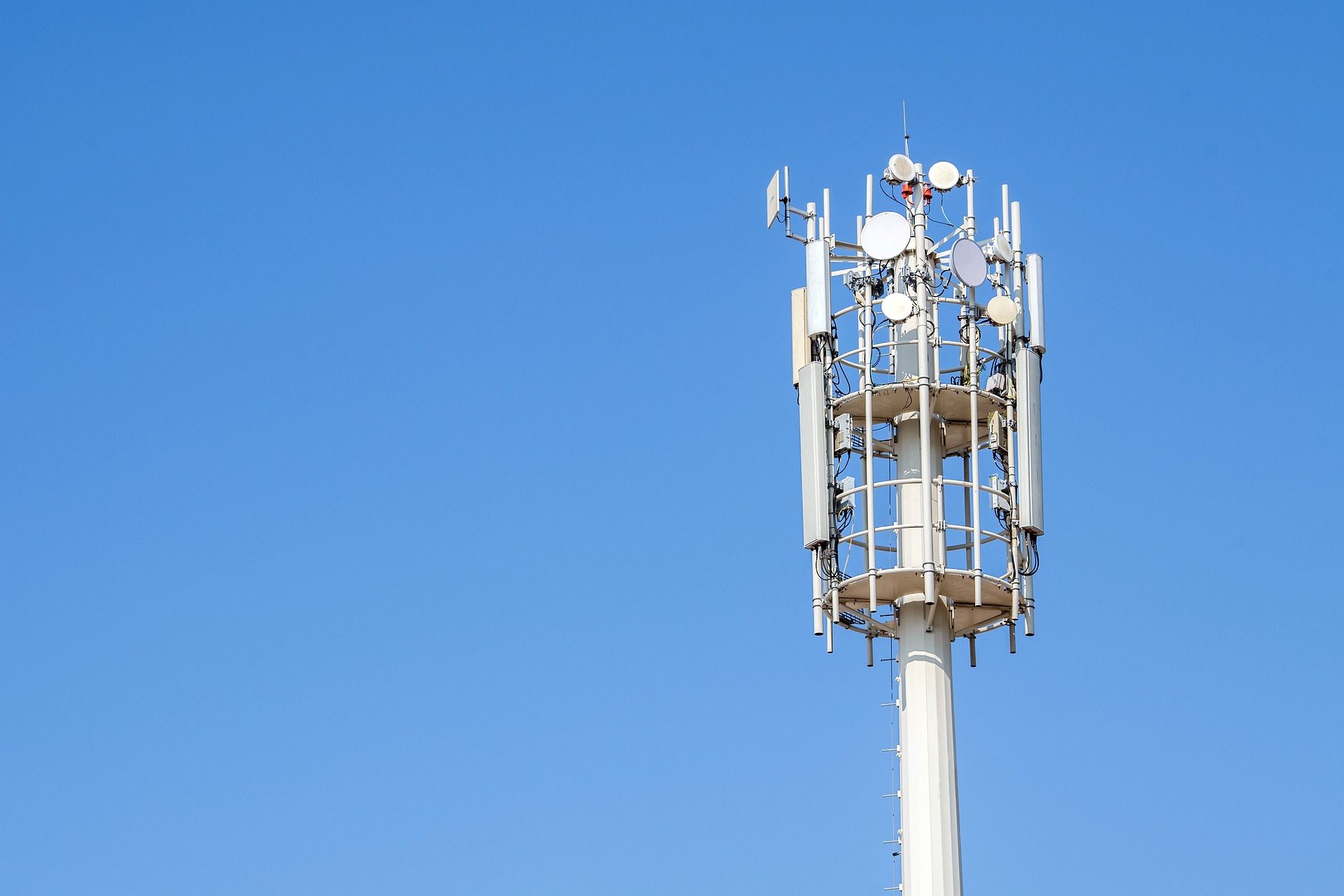
How to modernise your telecom marketing strategy for success
September 26, 2024

What Telecoms Can Learn from the Oasis Reunion PR Fallout
September 20, 2024

Tech Week Singapore 2024: 6 tips for event success
September 17, 2024

What Do Clients Want from Their Marketing Agency in 2024?
September 11, 2024

How to grow your business in Asia
September 10, 2024

Scotland’s energy future under a Labour government
September 5, 2024

Marketing Cybersecurity Solutions: Top 5 Strategies for 2024
August 28, 2024

Best Cybersecurity Awards for 2025: Entry Deadlines & Tips
August 20, 2024

From Memes to Money: How Gen Z is Redefining Marketing
August 7, 2024

Communicating ESG: What do marketeers really think?
July 31, 2024

Rebranding regrets: a deep dive of Abrdn and why it absltly bombed
July 30, 2024

Cutting through a crowded room: The power of thought leadership in the Middle East
July 25, 2024

Whitepaper – Marketing ESG in 2024: Risks, Rewards & Riddles
July 23, 2024

Bringing Data to Life
July 11, 2024

The importance of crisis communications in a general election
July 3, 2024
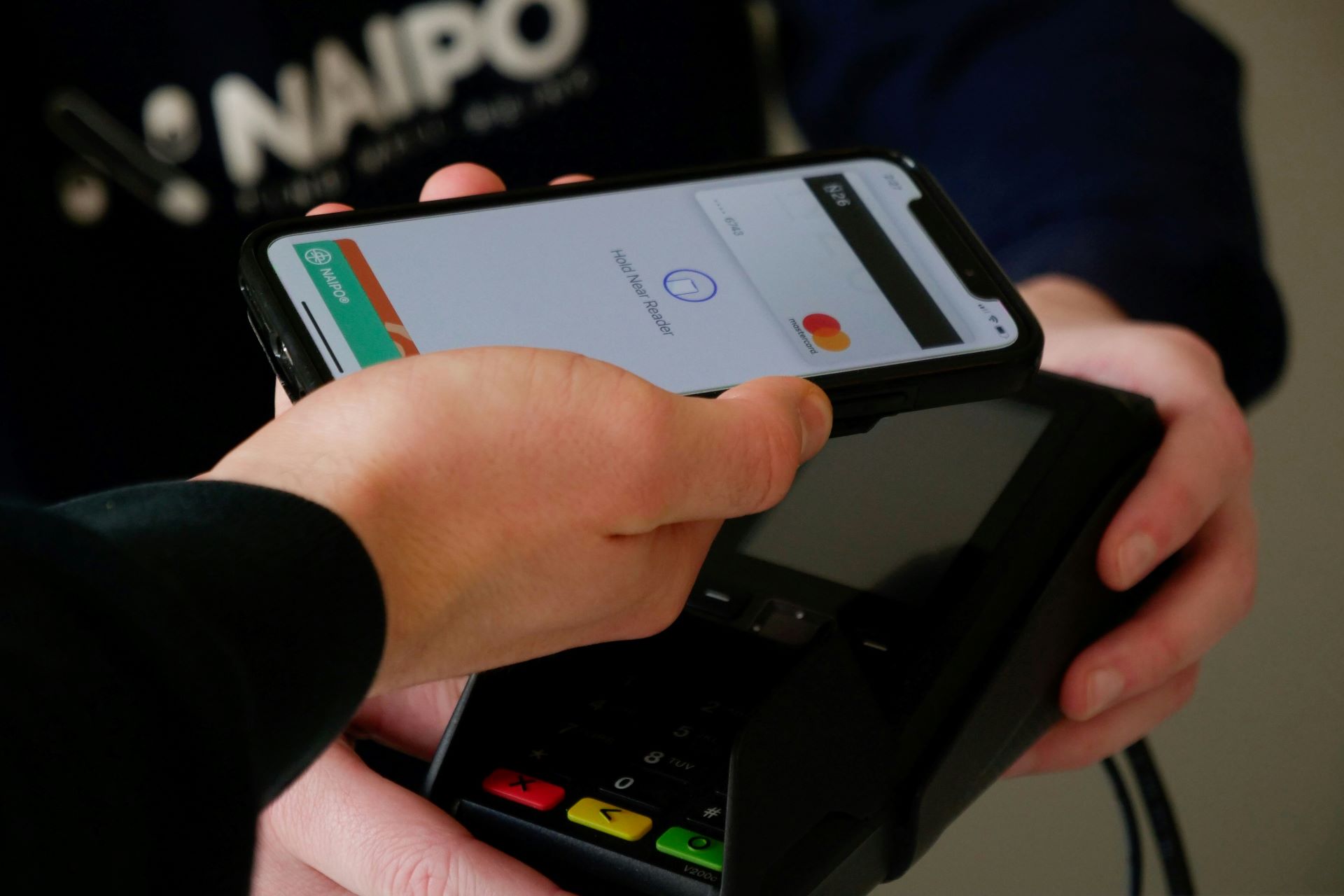
Six key takeaways from EBAday 2024
July 3, 2024

“But Does it Apply to B2B?” Assessing B2C marketing approaches in a B2B world
June 12, 2024

How to write a research report
June 5, 2024

Webinar Replay – Marcoms in Asia: What Businesses Need to Know Now
June 4, 2024

Aspectus Group expands into Middle East with Dubai office opening
June 4, 2024

What global markets can learn from Asia’s unique ESG approach
May 29, 2024

A perfect partnership: My love affair with AI
May 16, 2024

Webinar – Marcoms in Asia: What Businesses Need to Know Now
May 15, 2024

Aspectus: Celebrating our success as 2024’s B2B PR Agency of the Year and a top workplace
May 14, 2024

Money20/20 Bangkok: should you attend next year?
May 10, 2024

How strategic communications can take the UAE’s fintech fever to new heights
May 3, 2024

Four key considerations for capturing asset managers’ attention at TSAM
April 30, 2024

The Monzo Effect: How a fintech became a verb for Gen Z
April 25, 2024

21 E-E-A-T Strategies To Supercharge Your SEO And Boost Brand Trust
March 28, 2024

Communication and compliance: how regtechs can stand out in a growing market
March 18, 2024

IWD: celebrating a few of many
March 7, 2024

The art of strategic focus in marketing: what we can learn from Freddie Mercury
February 28, 2024

Everything You Need to Know About Google Consent Mode v2
February 27, 2024

More realistic targets and clear, consistent comms are the only route out of greenwashing
February 22, 2024

Top technology awards to enter in 2024
February 20, 2024

A confident continent: Asian Marcom Professionals buoyant on growth and omnichannel evolution
February 1, 2024

Whitepaper – Marcom in Asia: A confident continent
January 31, 2024

Around the world in 80 seconds: navigating cultural differences in a global agency
January 29, 2024

Rolling out the red carpet: a comprehensive list of the best B2B energy awards to enter in 2024
January 22, 2024

ROI of PR: Tracking strategic communications to business success
January 12, 2024

Executive communications & an investment bank’s CEO side hustle
December 20, 2023

Aspectus appoints professional services lead
December 11, 2023

Don’t let the data drown out your voice of reason: the subtle balance of art and science in marketing strategy
December 8, 2023

Internal threat data: your key to cybersecurity media success
November 7, 2023

Always-on: your protection against the triple forget threat
October 26, 2023

Hold that thought – why marketers need to stop having so many new ideas
October 17, 2023

Aspectus celebrates stellar growth
September 26, 2023

How to write a B2B website brief
September 26, 2023

How professional services firms can edge out the competition this Q4 by refreshing communications strategies
September 22, 2023

Lehman Brothers 15 years on: why communication is king
September 15, 2023

Measuring What Matters: Missteps in Marketing Reporting (and how to fix them)
September 5, 2023

Webinar – ESG Communications in South East Asia
July 28, 2023

Unlocking the Power of GA4: Harnessing Events and Custom Reports for Data-driven Insights
July 20, 2023

When green bonds turn brown: Thames Water kicks up a stink
July 13, 2023

Mastering B2B SaaS marketing: choosing channels and media for optimal success
July 11, 2023

The $4trn question: why it pays to invest in your brand assets
July 5, 2023

Why the time to ignite tech communications in Singapore is now
July 4, 2023
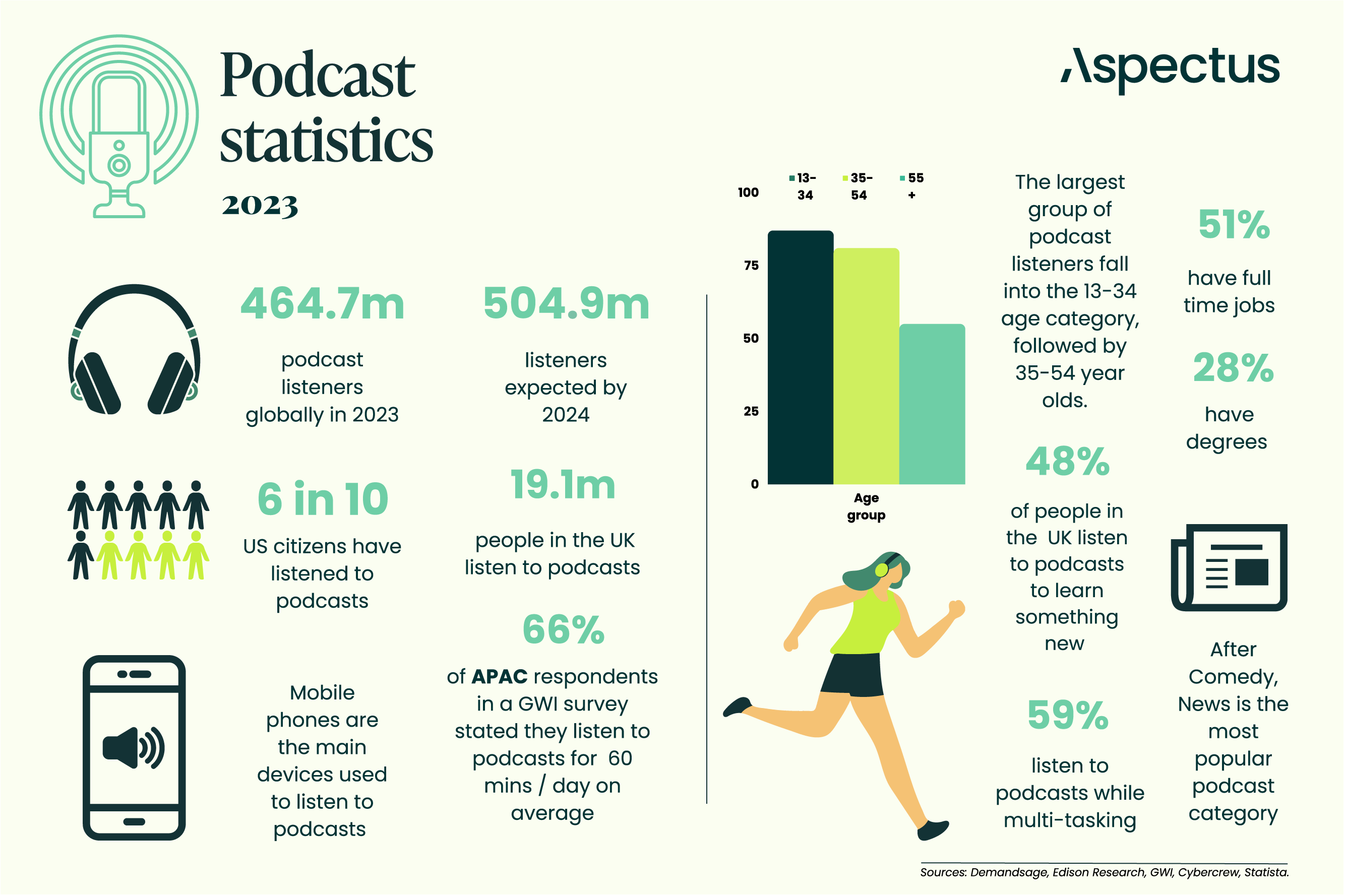
5 reasons why podcasts are a powerful add to your content strategy
July 4, 2023

Selling brand investment to the Board: a guide for marketing managers
June 28, 2023

5 ways to future proof your marketing communications strategy in Asia
June 26, 2023

Step up your SaaS marketing game: top tips for knowing your audience
June 14, 2023
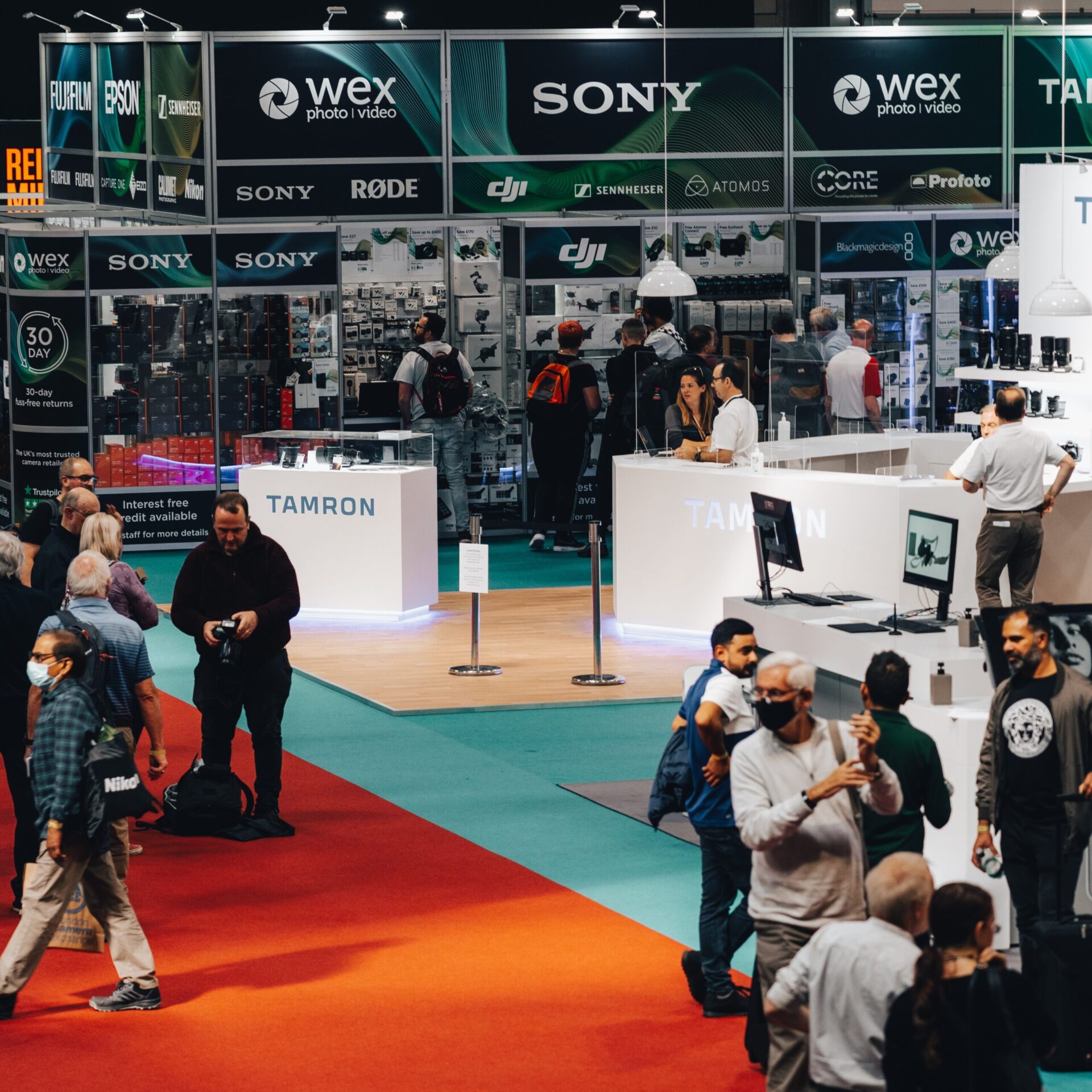
3 top tips for developing an effective technology event communications plan
May 19, 2023

Why we care more about bad news… and how spokespeople can cut through
May 19, 2023

Breaking Fast and Breaking Barriers: A Guide to Celebrating Ramadan in the Workplace
May 17, 2023

Poor comms strategy? You’re fired: how the candidates should have played their cards in this year’s ‘The Apprentice’
May 11, 2023

The democratisation of the internet: how Web3.0 can correct the mistakes of Web2.0
May 10, 2023

Unleashing The Potential of Onshore Wind: Insights from the UK’s first onshore wind conference
May 10, 2023

Why a PR and marketing career is just like a half marathon
May 10, 2023

GDPR: 5 years of Compliance and Impact
May 9, 2023

The Pursuit of Excellence
May 3, 2023

Insight unleashed: rediscovering the real magic behind the buzzword and harnessing its value in a data-driven world
April 25, 2023

There is no magic formula in marketing, but we think we have cracked the code
April 18, 2023

Whitepaper – ESG comms: threading the needle
March 28, 2023

Singapore: Asia’s Silicon Valley
March 16, 2023

The nuclear-sized hole at the heart of the green hydrogen vision
March 15, 2023

A PR Playbook for B2B Techs Expanding into the US
March 14, 2023

From the Tiger’s Unrest to the Rabbit’s Respite: How 2023 Promises Calm and Confidence in Capital Markets
March 9, 2023

Singapore: Switzerland’s secret admirer
March 6, 2023

Spotlight on: Singapore and the Energy Transition
March 1, 2023

From the Government’s big mini-budget to Labour’s big lead
February 26, 2023

5 tips to break into broadcast across Asia-Pacific
February 22, 2023

3 Key learnings from 3 months in PR
February 21, 2023

The blue economy: don’t fall into the buzzword trap at this year’s Subsea Expo
February 13, 2023

Can we bridge the divide between local communities and onshore wind developers?
February 8, 2023
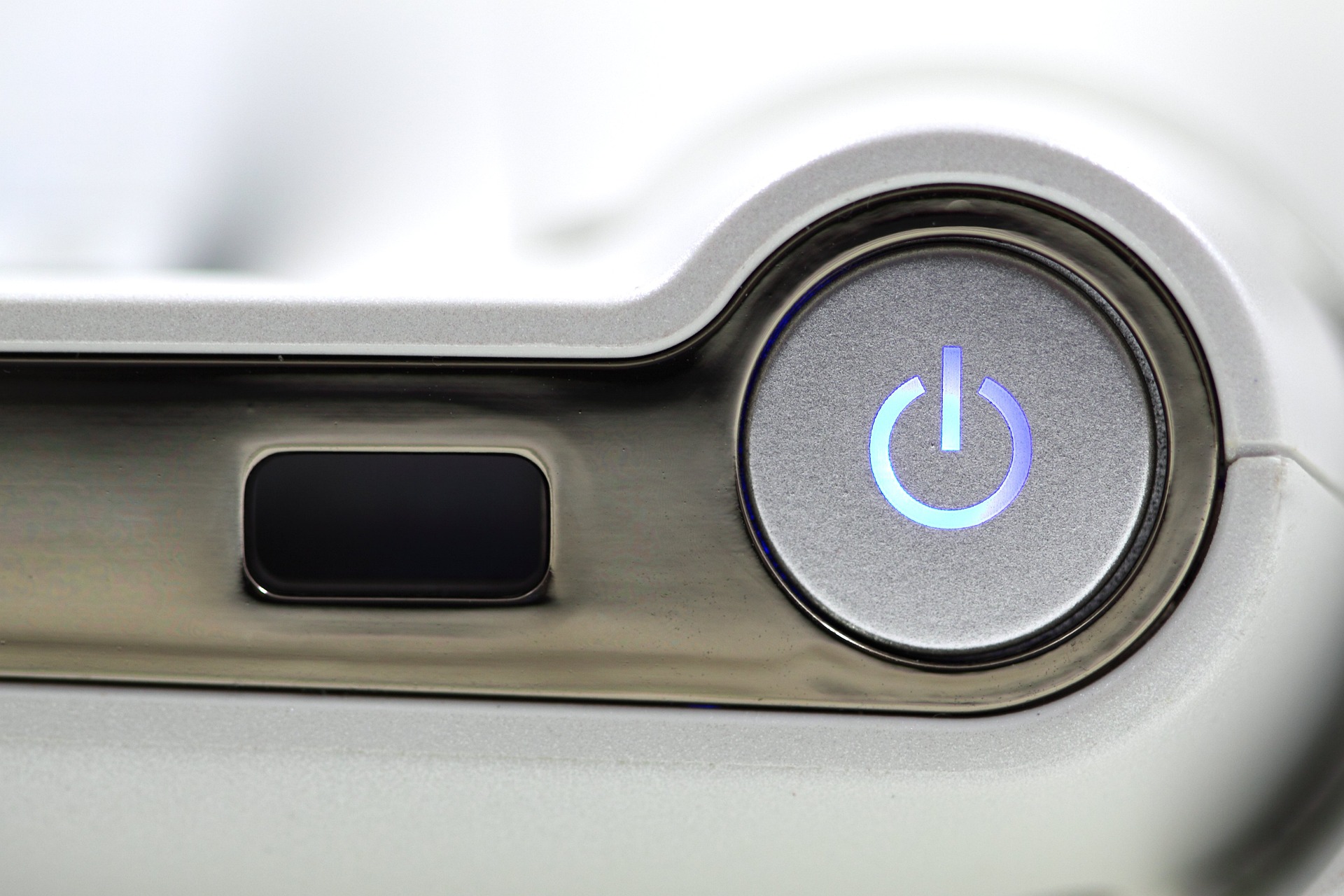
DFS: Less about sofas and more about smart grids
February 6, 2023

3 reasons why an apprenticeship is the perfect steppingstone for a career in PR and digital marketing
February 3, 2023

Emerging trends for 2023 in the B2B marketing space (insights from the B2B Marketing Expo)
January 30, 2023

ESG communications: don’t try and keep up with the Joneses… but do keep an eye on them
January 4, 2023

Clarity is key: when advertising campaigns go wrong
December 16, 2022

The future of B2B social media marketing: an insight into Elon Musk’s chaotic Twitter takeover
December 15, 2022

IoT PR: there’s still plenty of room on the IoT bandwagon
December 14, 2022

Will Singapore be the New Hub for Green Finance?
December 12, 2022

It’s not just France v England on the pitch we should be looking at this weekend
December 8, 2022

Advice from an Apprentice – it’s tough, but you’re tougher
December 7, 2022

How to write a brief for a brand and marketing agency
December 6, 2022

Musings on mussels; and a sea of possibility
November 30, 2022

Four chancellors and a funeral: navigating communications and the media
October 26, 2022

The lesson in sustainability communications that banks must learn from Icarus
October 25, 2022

“And the award goes to” … Why B2B awards should be a key component of your marketing plan
October 18, 2022

Four energy communications constants in a world of climate chaos
October 12, 2022

What those with a PR and marketing career learn from dating apps
October 6, 2022

From the Government’s big mini-budget to Labour’s big lead: A defining week for UK politics and public affairs – Part 2
October 4, 2022

From the Government’s big mini-budget to Labour’s big lead: A defining week for UK politics and public affairs – part 1
October 3, 2022

GA4 migration: planning a smooth transition
September 26, 2022
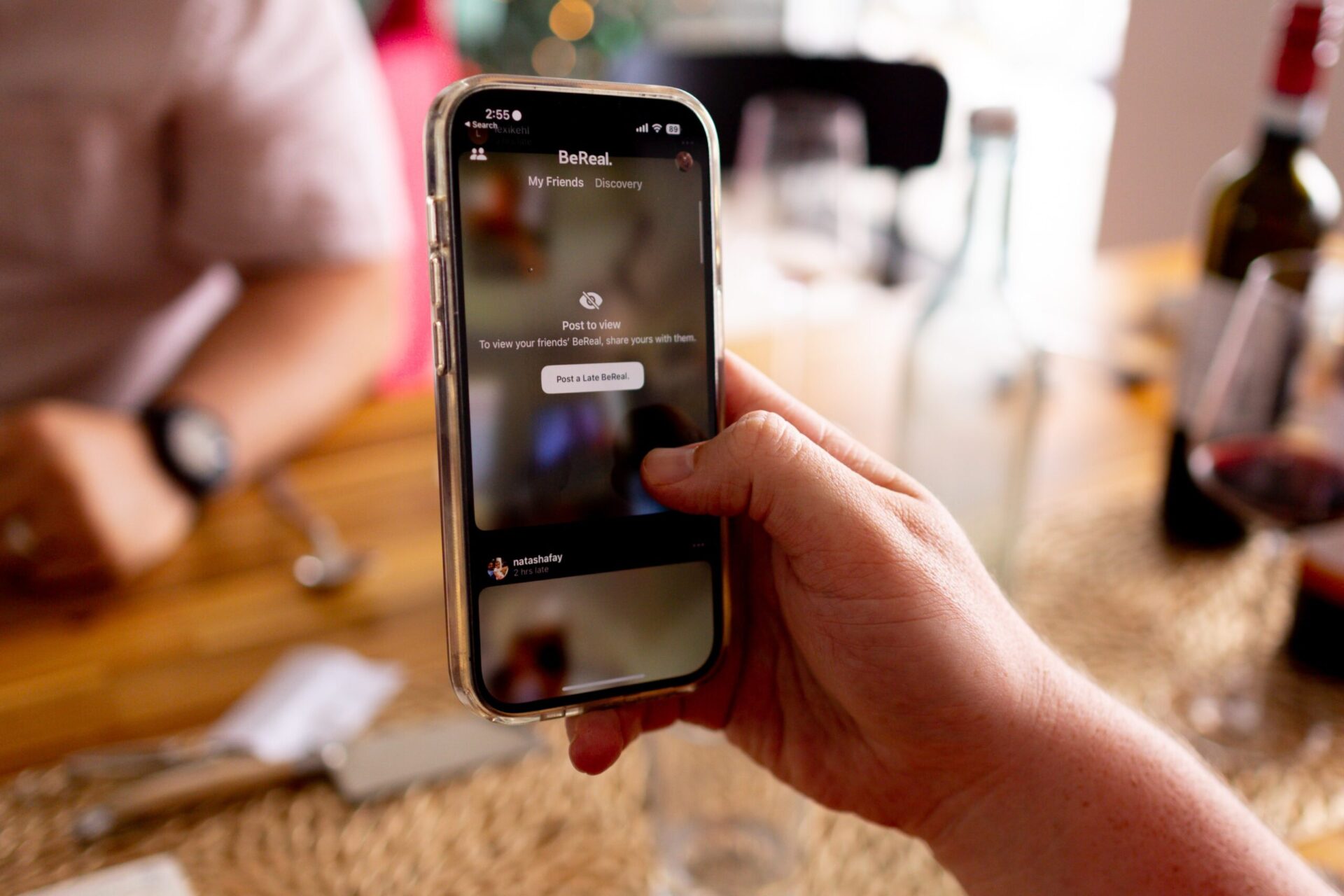
Let’s ‘BeReal’ about how to build brand awareness and attract talent
September 22, 2022

Media training: How do the Tory leadership election candidates stack up
September 2, 2022

Cooling cities: regrowing our urban green spaces
August 17, 2022

ESG comms: sincerity can silence sceptics
August 1, 2022

Can Aberdeen become the Net Zero Capital of Europe?
July 22, 2022

How can we bridge the gap until the energy transition?
July 14, 2022

A guide to integrated PR and marketing for edtech companies
July 13, 2022

How to grow your SaaS business
June 15, 2022

We need to change our relationship with energy
June 14, 2022

Why is media relations important? Lessons from Covid-19 and beyond
June 1, 2022

Electric Vehicles: A look forward on growth in 2022
May 25, 2022

Why LME’s publicity pain reinforces the need for humble comms
May 23, 2022

Knowing your ABCs – navigating the ESG world
May 17, 2022

Why a magic catherine wheel is responsible for our ongoing success
May 13, 2022

Can Aberdeen really transition from oil and gas?
May 12, 2022

Yin and Yang – Digital Marketing and PR: An Integrated Approach for Success
May 10, 2022

CEO PR: Celebrity Executive Officer or Chief Executive Officer?
April 28, 2022

Technology awards: a comprehensive list of the best to enter
April 27, 2022

Paris in the Spring: Ensuring business blossoms at TradeTech Europe
April 25, 2022

Why proactive reputation management is pivotal for hedge funds
April 21, 2022

Energy efficiency: the forgotten friend in the decarbonisation debate
April 8, 2022

Fintech PR: the five lessons learnt during my first three months
March 30, 2022

What International Women’s Day means to us
March 11, 2022

Tips for how to ace an interview
March 10, 2022

To PR or not to PR: that is no longer a question in modern football
March 1, 2022

Is fintech still “stuck in Shoreditch”? … (and the role of fintech marketing in growth)
February 25, 2022

Losing your head in 2022: the latest CMS trend
February 22, 2022

You’ve got InMail: an update on LinkedIn’s changes to native sponsored messaging
February 11, 2022
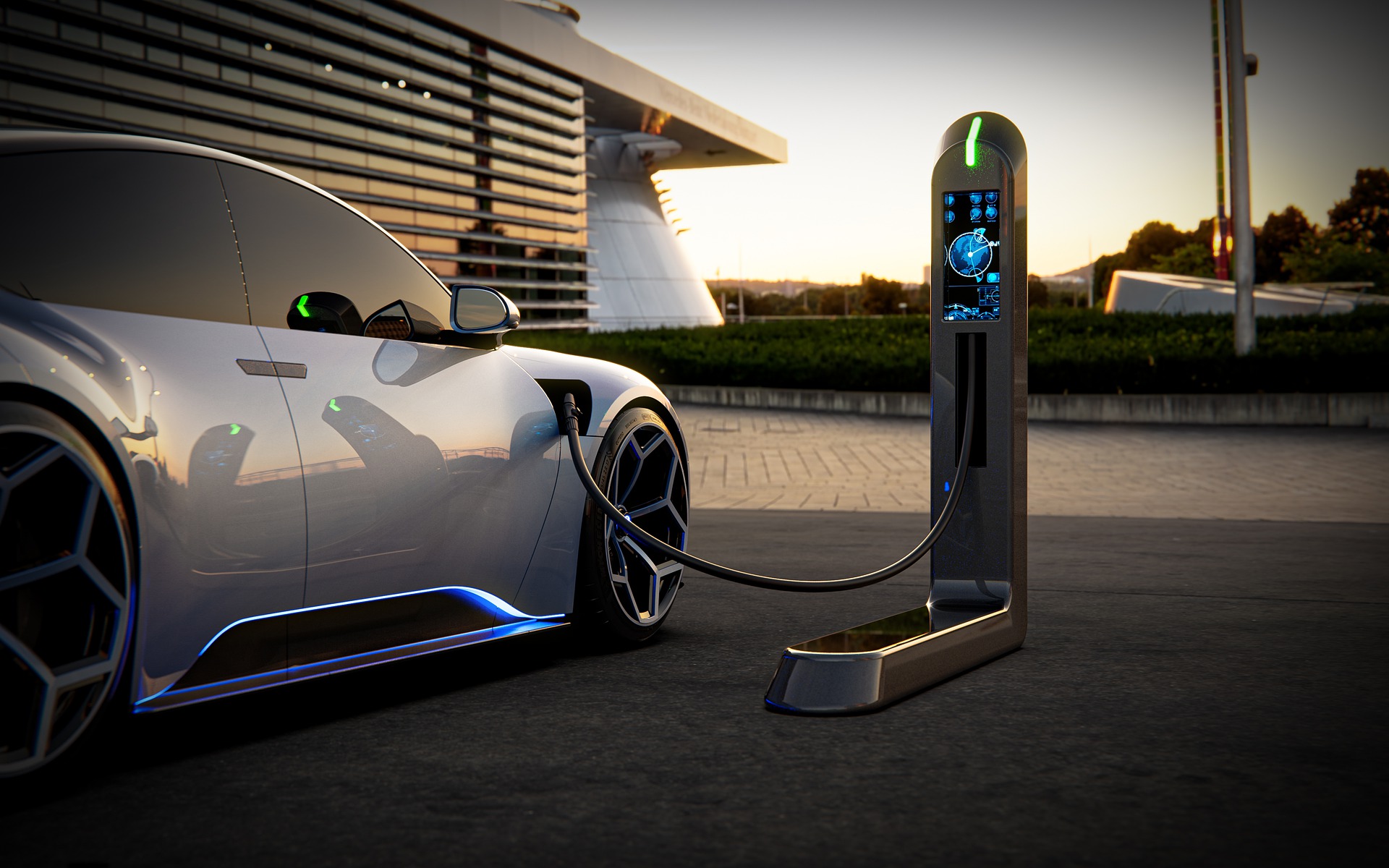
Changes at the pump: The EV mindset
February 10, 2022

Why you don’t need a degree to have a career in comms
February 9, 2022

Top-down regulation will undermine public support for green energy
January 13, 2022

Aspectus hires PAM Insight editor to expand wealth management communications service
January 12, 2022

The balancing mechanism: What is it and why is it so expensive?
December 8, 2021

Comms without strategy: an expensive stroll to nowhere
November 16, 2021

Helping clients compete with considered creativity
November 16, 2021

Press preparation: fluster free media interviews
November 16, 2021

Traditional is top but integrated is better
November 16, 2021

We won’t ask you to make the news to be in the news
November 16, 2021

The thrill of cartoons
November 16, 2021

Net-Zero by 2070: How is India decarbonising its energy production?
November 15, 2021

Info for teachers: The Aspectus Academy and our talks, workshops and career days
November 10, 2021

Getting off the ground: the initial hurdles as an EdTech startup and how to overcome them
November 9, 2021

Why the uncertain future of Euro-denominated swaps is a goldmine for comms
November 2, 2021

Can’t stand the heat? Get out the kitchen: can finance executives mirror as pro bakers?
October 26, 2021

Selling net zero: Is that enough?
October 20, 2021

Smarter, not more: Demand side response and the winter crunch
September 8, 2021

Generation Greenwashing: the shaming of hollow ESG policies
September 2, 2021

The Power of the List: why listicles are invaluable tools in a PR strategy
August 24, 2021

Transactions or data: Can LSEG have their cake and eat it?
August 18, 2021

ESG: Balancing E, S & G factors for a truly just transition
August 12, 2021

Once more with feeling: why has the IPCC Sixth Assessment report resonated more deeply this time?
August 11, 2021

Overbond selects Aspectus for European PR
August 10, 2021

The Aspectus Academy: everything you need to know
August 2, 2021

3 critical lessons for marketing to insurance leaders
August 2, 2021

The Aspectus Academy: webinar
July 5, 2021

It’s hotting up: The race to decarbonise heat
July 5, 2021

A pandemic-induced acceleration for impact investing – and why Communications is crucial
June 22, 2021

Andy Haldane became the media darling of economics, the Bank of England must continue his legacy
June 22, 2021

Aspectus wins six new tech clients
June 16, 2021

The Energy Transition: A Coming-of-Age Story
May 24, 2021

The game is on!
May 20, 2021

The growing importance of user experience in search engine optimisation (SEO)
May 19, 2021

Greenwashing: distinguishing between the cynical and the naïve
May 19, 2021

Fund managers – investors need to hear from YOU!
May 19, 2021

Mental Health is complex – but time can do wonders
May 13, 2021

Have we reached Peak Survey? No – but the bad ones abound.
May 13, 2021

6 Reasons Your PR Plan isn’t Working
May 1, 2021

Aspectus elevates two senior team members to joint MD
April 29, 2021

Lessons from abrdn – the tricky business of rebranding
April 27, 2021

Appearances are often deceiving: being creative about supporting virtual conferences
April 27, 2021

The rising technology stars taking the world by storm
April 7, 2021

How PR can help VC’s raise funding
March 12, 2021

ITV and Piers Morgan: nobody is bigger than the brand
March 10, 2021

When the fun stops, GameStop
March 3, 2021

How to pitch to tech journalists in 2021
March 2, 2021

#20from2020: reflecting on the highlights of the year
February 25, 2021

Social media for tech companies: What to share and when
February 24, 2021

Why capital markets startups should channel a bit of GameStop in their PR
February 17, 2021

The Aspectus Bookshelf: Impact by Sir Ronald Cohen
February 11, 2021

Aspectus appoints Edelman alumni Astrid Dickinson to lead expansion into industrials
January 11, 2021

Why scale-ups shouldn’t aim for national media coverage
January 6, 2021

Tim’s top five interview gaffes of 2020
January 4, 2021

Why the ghost of a storytelling past is at the heart of BBC investment banking thriller
December 16, 2020

Why HR tech companies should consider newsjacking as part of their PR plan
November 27, 2020

Top edtech trends for 2021
November 18, 2020

Why financial institutions should be engaging a different count this week
November 6, 2020

Aspectus creates new role to add firepower to its strategic services and rigour to its client service
November 6, 2020

Your next job doesn’t have to be in cyber
October 13, 2020

Bad news done badly ft. Shell and Arsenal FC
October 8, 2020

The future of the grid: Is COVID-19 a crystal ball?
August 25, 2020

Judging the time to strike: newsjacking for maximum impact
August 13, 2020

There’s an app for that: the essential PR toolkit
August 12, 2020

Mining for ESG data – the new gold of the financial information industry?
August 4, 2020

What is integrated marketing communications?
July 30, 2020

How to market a product with no competition
July 20, 2020

The femtech revolution: women first, finally
July 13, 2020

Social distancing hobbies – FS team edition
June 16, 2020

How – and how not – to handle a brand reputational crisis
June 11, 2020

Effective thought leadership: what makes a good report?
June 10, 2020

Avoiding herd communication: How impact investing companies can stand out in an increasingly busy market
May 21, 2020

How to market your business during COVID-19: six actionable tips
May 18, 2020

Social distancing hobbies – energy team edition
May 14, 2020

Fund managers: now is the time to make your voices heard!
May 11, 2020

Starting my first PR job (remotely) during COVID-19
May 4, 2020

A moment of truth: How a crisis reveals your true company culture
May 1, 2020

COVID-19: the ups and downs of life as a virtual media trainer
April 30, 2020

Aspectus Group launches Capital Markets division as earnings hit £1 million
April 29, 2020

The US team’s guide to sparking joy in quarantine
April 22, 2020

Webinar: Positive positioning – marketing your business during COVID-19 and beyond
April 17, 2020

Social distancing hobbies: tech team edition
April 7, 2020

Reaching its peak: Energy storage’s potential
March 16, 2020

Aspectus appoints Melissa Jones as Integration Account Manager in Technology Practice
March 10, 2020

How businesses can create their own podcasts – part 3
February 17, 2020

Mind the measurement gap: stating the case for PR measurement & reporting
February 11, 2020

The best business podcasts: telling engaging stories (while also making commutes bearable) – part 2
February 10, 2020

The best tech podcasts: telling engaging stories (while also making commutes bearable) – part 1
February 3, 2020

Zuckerberg’s new year’s resolutions, circa 2020
January 17, 2020

How an ace AR (augmented reality) application earned ASOS attention
January 16, 2020

What having a ‘gong bath’ taught me about communicating
January 13, 2020

The right horse, the wrong jockey: why Facebook’s Libra has a PR problem
November 19, 2019

Storytelling for impact: four key lessons in impact investing comms
November 18, 2019

Why the oil and gas industry might be facing its Kodak moment
October 9, 2019

Surprising similarities between Hamilton and PR
October 3, 2019

Aberdeen: so much more than oil and gas
September 2, 2019

Intern’s Guide: How to Take a Brief
August 23, 2019

Intern’s Guide: How to Write a Blog Post
August 23, 2019
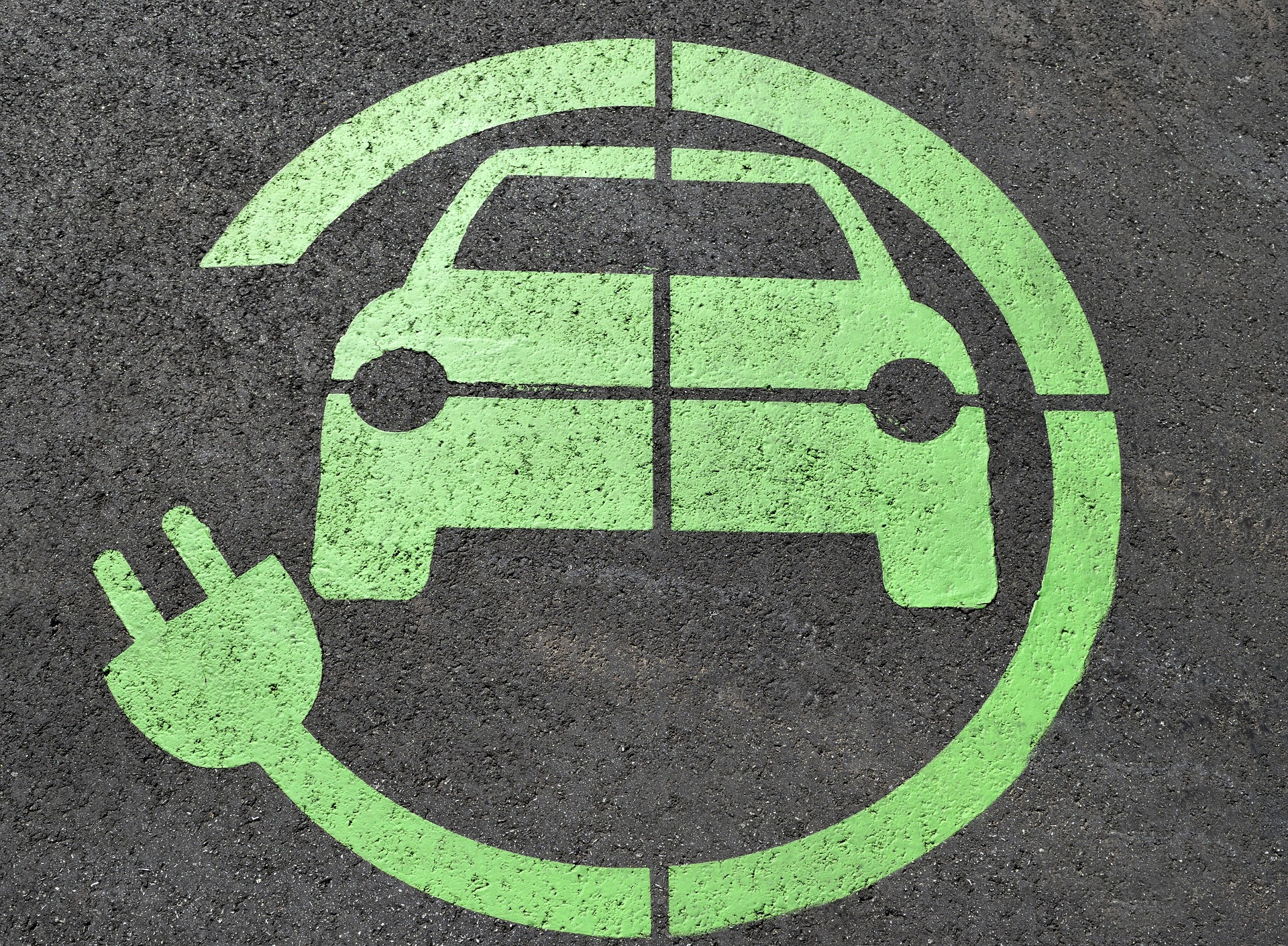
Fuelling the future: EVs
July 23, 2019

No more FOMO: the magic of missing out
June 18, 2019

Under the Influence: How much power do social influencers actually have?
May 9, 2019

Further growth for global communications agency in Aberdeen
April 2, 2019

Are you a polyglot? The benefits of international PR and marketing
March 18, 2019

The energy transition – how ready is the oil and gas sector?
February 16, 2019

BackOffice Associates appoints Aspectus as its UK and EMEA agency
November 8, 2018

Aspectus appoints Claire Wych as energy practice expands
July 24, 2018

How to impress an Evening Standard journalist
June 21, 2018

OpenGamma appoints Aspectus to run its UK communications
June 14, 2018

Light at the end of the oil barrel perhaps?
May 30, 2018

PR – know what you want to achieve
April 30, 2018

Aspectus Group’s energy earnings hit £1m mark on anniversary of Aberdeen launch
April 25, 2018

Acoustic Data hires Aspectus to drive brand growth
April 19, 2018

Impact investing: tackling the doom and gloom!
April 19, 2018

Did no one tell the London Stock Exchange that digital life would be this way?
April 13, 2018

A focus on wellness
February 28, 2018

The future of mobile marketing
February 13, 2018

PennWell chooses Aspectus for inaugural Electrify Europe event
December 13, 2017

Aspectus promotes Tim Focas to capital markets lead
November 21, 2017

Regtech innovator Meritsoft appoints Aspectus to run its global communications
November 3, 2017

The rise of influencer marketing
August 30, 2017

breatheHR appoints Aspectus as its UK communications agency
June 27, 2017

InnoEnergy retains Aspectus to drive engagement across Europe for third year running
June 22, 2017

ZoneFox appoints Aspectus as its UK communications agency
April 10, 2017

Five ways to make a name in blockchain
January 25, 2017

Aspectus appoints Annabel Rivero to financial services team
January 17, 2017

Emerald Life selects Aspectus for integrated communications
January 10, 2017

Aspectus and Fidessa celebrate eight year PR partnership anniversary
December 13, 2016

Aspectus offers communications support to Swiss Finance Startups (SFS) members at preferential rates
December 6, 2016

The lunch remains the same: The enduring importance of the journalist lunch
November 23, 2016

EuroFinance selects Aspectus to run the media relations for European treasury event
October 5, 2016

Aspectus appoints new head of energy, oil and gas
August 30, 2016

Ayming appoints Aspectus to support business expansion
July 15, 2016

Cavendish Asset Management selects Aspectus to run external communications
March 20, 2016

Aspectus opens Aberdeen office
March 9, 2016

Europe’s fastest-growing online stock broker, DEGIRO, selects Aspectus
December 10, 2015

The seven ages of business marketing: From startup to exit
October 27, 2015

Aspectus unveils new approach for driving engagement through communications
June 16, 2015

Aspectus wins SABRE Award for work with ITG
May 20, 2015

Aspectus PR to manage PR for Sustainability Live
February 17, 2014

Aspectus adds Institute of Engineering and Technology to growing list of Event PR Clients
October 15, 2013

Aspectus PR appointed for new biometrics brief
August 14, 2013

Aspectus PR launches Big Issue Invest Corporate Social Venture Challenge
May 7, 2013

Sherborne Sensors selects Aspectus PR for international public relations campaign
August 16, 2010

Aspectus PR wins Fidessa group account
May 14, 2009

Aspectus Appointed for launch of Glenigan Business Market Intelligence
October 27, 2008